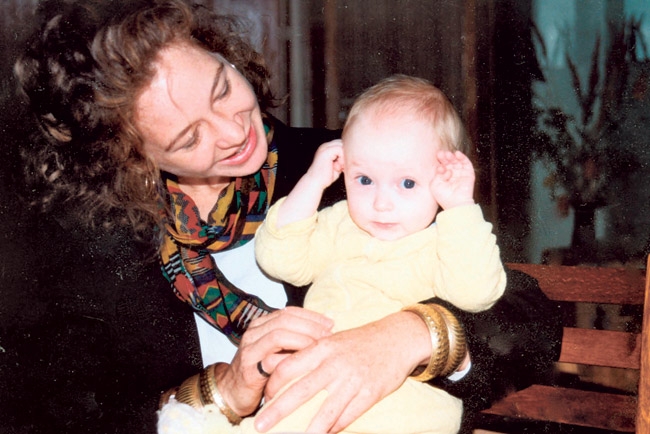Remembering The Adoption Option
You don’t have to be a psychologist to know that what happened the night of April 30 was a tragedy. A young woman screams on a dark and not-quite-deserted beach. A man hears and comes to her aid, only to be told she’s fine, go away. Shortly after that, a woman brings a newborn to a hospital, claiming she found the infant after hearing it crying in the night. The story of the infant abandoned on a beach in Hawaii goes viral.
Only it wasn’t true. Turns out the woman who handed over the baby to authorities is the mother. Keala Simeona, 21 years old, has been charged with filing a false police report.
What would drive a woman to give away her child? Why would she claim it wasn’t her own?
I can think of at least one reason: fear. Fear of being discovered, fear of family or societal condemnation. Fear of the unknown, and of trying to raise a child without support – financial or otherwise.
Hawaii does have a law that allows a woman to give up a child at a hospital or to the police or firefighters without repercussions, if it’s done within 72 hours of the baby’s birth.
And I have to tell you, I feel for Simeona. If she knew about the “Safe Haven” law, she did not understand it or believe in its confidentiality provision. She would have been spared the glaring light of publicity and public censure had she not falsely claimed she found the baby on the beach. Obviously she did not want her child to die. She just didn’t want anyone to know it was hers.
Kristine Altweis, executive director of Hawaii International Child, says Simeona and other women in her situation need to know they are not alone, and that they have other options if they cannot have or do not want an abortion. Adoption can help a woman by providing the services she needs. And it can be as open or as confidential as she prefers.
“The adoption process could have involved her, or been a short and anonymous experience,” explains Altweis. “It’s designed to suit the birth mother, keeping in mind the best interests of the child.”
Even those mothers who wish to remain anonymous would receive the support and the compassion Simeona so desperately needed.
“The trend is for openness in adoption, even though she may be mourning and stressed out and panicked about people finding out. Usually, in the long run, it might be better for the birth mother to have an open relationship with the adoptive family and her child. However, if she is clear in her desire to keep it confidential, that can be arranged.”
Women – and girls – shouldn’t have to go through their pregnancies alone and afraid.
“Without proper support, their sense is that their life is over if anyone finds out,” Altweis says. “And by seeking out professional services, they can be reassured and supported through that.”
Altweis says that since the 2008 recession, they’ve seen a sharp uptick in women seeking services. These women are often recently unemployed, and many of them are homeless. “What we’re trying to do is spread the word about the adoption option.”
Hawaii International Child has been working with birth mothers since 1975. It’s nonprofit, state-licensed and Hague-accredited, which means it has the highest rating from the international community for its work in the protection of children.
It’s currently working to bring adoption awareness to teenagers in Hawaii with a movie funded by a grant from Atherton Family Foundation.
Altweis says the more people, and especially young people, know about their options, the easier it is for them to make healthy and humane decisions regarding their pregnancies. If you are a woman who wants to learn about your adoption options, call 636-1398. Someone is available 24/7 to answer your questions.
Those who took her into their care dubbed Simeona’s child “Baby Sandy.” I wish her a life full of safety, happiness and love.
I also wish the same for Keala Simeona, a young woman who thought she was alone. I sincerely hope she finds the support and all the love she needs.






